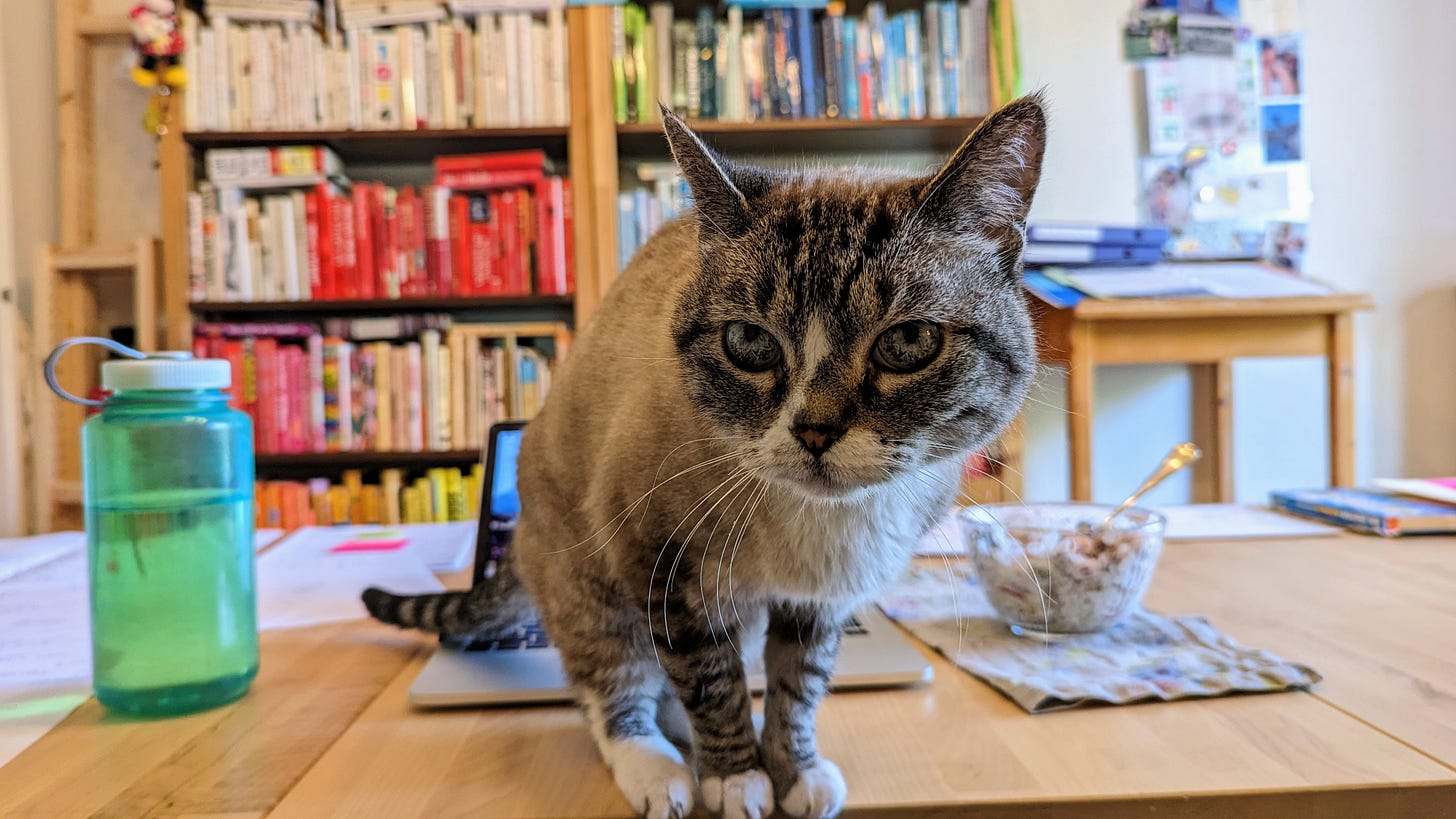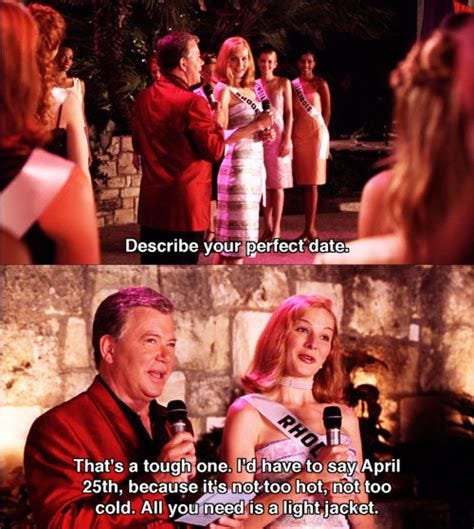Last summer I went to a writers’ conference and pitched my manuscript to four literary agents.
I wasn’t finished with my manuscript. I wasn’t even close. But I was far enough along and knew what my book was about that pitching would be a good way to get real-time feedback on my book project.
Pitching to literary agents is a big deal. It’s the first step in getting signed by one. This is something that you need if you have a dream of getting signed by a big-(or moderate)-named traditional publisher, are writing a literary nonfiction memoir, and have no career as a writer up until this point, like I do.
The purpose of pitching is to create your own “warm lead” with someone who doesn’t know you from the next author with big dreams of New York Times Bestseller stardom. It’s an opportunity to show personality, talk about your project, and get feedback in 8 minutes all over Zoom (in this case).
I researched how to write a book pitch. Leaned on my years of marketing experience and brand positioning when I wrote mine. Practiced and revised it. Sent it to my developmental editor, and got her endorsement. I was ready to go!
Two days before the pitch sessions, I flew to the US. I set my laptop up precariously on a stool in the spare bedroom of my parents’ house, deep in the suburbs outside of Seattle, Washington. Adjusted the light. Grabbed a fresh cup of coffee and water. Even put on a “more professional” shirt. I was ready-to-go.
First thing in the morning, I popped on. The host assigned me to the Zoom room with the first agent I signed up for. She appeared on screen, we said our hellos, then I forgot what I was supposed to do.
“So, want to tell me about your project?”
I forgot my pitch. I stumbled over my words. Sweat pooled under my arms.
The 8 minutes couldn’t end fast enough.
When they did, I logged off and ran into my dad’s office where he was working remotely. I bragged to him about how I fell on my face.
“At least I got that out of the way,” I laughed.
My enthusiasm for this failure erased the memory that the first agent actually did invite me to send her my stuff. She even gave me her email address.
Before my next pitch, I hand-wrote my pitch in big, bold, black block text on a notebook beside me but away from the view of the screen. I took a deep breath; this one would be better.
I slayed it.
And the pitch after.
Both agents asked for me to send them sample chapters, when I was ready, and told me what to write in the subject line so they’d remember which conference we spoke at.
After a short break, I was back in the waiting room. The coordinator called me out by name. He said that the second agent I spoke to would like more time with me.
Omg! I got a callback!
In the callback session, this agent asked more questions about my project. Asked if I would be interested in it as a graphic novel. (No, I hadn’t, but Minnie would look incredible as an illustrated character!) Then, she gave me her email address which I didn’t realize she hadn’t given me before.
I pitched one more agent. Who said the same thing as the three before, that she was interested and wanted to read more. When I was ready.
I pitched my manuscript to four different agents and each one asked for more info.
I was lit.
The next day, I traveled down to Portland to attend the conference in person.
I remembered the advice that my mom gave me when I was in college to make sure that all of my teachers knew my face. I tracked down the agent who I had a callback with and introduced myself. She asked if I wanted to grab a drink and talk more about my project.
I was exhausted, jetlagged, and my brain felt like mush after attending my first conference since the pandemic. But I didn’t want to miss this opportunity for face time. It felt important. And might make me memorable in a sea of emails.
“Sure,” I said.
We spent the next two hours talking about my book and my dreams around it. I got the validation that I needed that there is interest in this story I’m writing about life after divorce.
The Monday after the conference, I tested positive for COVID.
That was not the follow-up email I intended to send.
How long does it take to finish a book?

It’s been nine months since I pitched my manuscript project to those four agents. I haven’t followed up with a single one of them.
It’s not because I’m ashamed or avoiding putting my work out there, it’s because I haven’t been ready.
When you pitch your manuscript to an agent, you usually send a full book proposal that outlines the target audience, competitive research, author’s bio, author platform that shows you have an audience and supports why you’re qualified to tell this story, and plans for how the author will promote the book and sample chapters (which are usually the first 10-15 pages).
With the warm leads from the pitches, I can “skip” the book proposal part (for now) and send the sample chapters they requested.
But then, if they like what they’re going to read—and they will, because it’s good!—then they’ll want to see the full manuscript.
Agents tend to take 6-8 weeks to respond to queries.
No matter how much I hustle, I need way more than 6-8 weeks to complete the rest of my manuscript.
<cue sad horn>
Writing is hard. Rewriting is harder. Because, unlike the first and second drafts of my book, this time I have structure! I have a vision! I have a map of where I want to go with it.
And it just takes fucking time.
When I started working on the third draft of my manuscript, my editor said that I’d need a solid six months of writing to get it done.
Ok! I’ve got this!
The Project Manager vs. the Writer
The Project Manager in me went to work. She looked at how long it took to write the first and second drafts of my book. Analyzed the data. Made projections based on what I did in the past and which chapters need how much work looking forward. She made a great plan. Set the deadline for late fall 2022, which is what I promised in my pitches.
The Writer in me went to work. It took a while, but the focus and words began to flow in the early summer. But by the fall, the writing got hard and I started to doubt everything about my book.
This isn’t a prescriptive nonfiction book that I’m writing that outlines how to build your life after divorce. It’s literary nonfiction. This means that there are characters, plot arcs, conflict!, and dialogue—memories that have been woven together to create a story.
Writing is hard. Rewriting is harder.
When it became apparent that I wouldn’t meet the deadline I set for myself and promised to others, the Project Manager and the Writer spiraled into a depression together (this was not the kind of “team bonding” that either of my parts signed up for, but such is life).
I cried to my developmental editor who said that “A writer is a project manager’s worst nightmare.”
Followed by words of encouragement to trust my writer’s intuition.
Sigh.
I told the Project Manager part to take some time off. But to mend my anxiety of feeling like a failure, she went back to work. She revised the dates. She moved the deadline to early December, right before the holidays. Then January, before what was supposed to be the manuscript celebration trip to New York.
(You can see where this is going).
Then, she hoped to finish the manuscript before Japan. Or at least finish writing the chapters that took place in Japan before going back to Japan. But that didn’t happen either.
So, when I was in Japan, I took myself to the café that was the setting of that chapter that I was struggling with.
That didn’t work either.
Instead of finding my way through that chapter, I free-wrote about how the ghosts of that chapter weren’t haunting me, even as I sat in the very den where they lived.
I came back from Japan feeling renewed and enthusiastic about my manuscript after connecting with the place and the people who play important roles in my story. Back at my desk in Switzerland, I opened my manuscript. But when I sat down, the chapter I was struggling with still didn’t come through.
We’re deep in April. So deep that May is right around the corner.
The Project Manager’s patience is wearing thin.
Last week, she Googled the agent that I had drinks with to see if she was still at the agency she was with last summer.
The agent was not.
This feels like a sign.
A sign to slow things down with my book project.
Lay off the Project Manager. Or reallocate her resources to one of my other projects. She’s doing a fantastic job setting deadlines around my book—and will be critical when it comes to planning the next steps for my manuscript once it’s done and truly time to work on the book proposal, follow up with those four agents and/or pitch to new ones.
But the Writer side of me is not making much use of her right now. Other than to receive the deadlines and almost aggressively push against them. (Writers love doing that, don’t we? :)
I’m still trying to touch my manuscript every day. At least 8 minutes (which usually turns into 30 minutes to an hour and a half, my magic number). Then, I circle the box around the date on the annual calendar and a gold star on the monthly calendar so I can see my progress and feel good about it.
Petit à petit. Little by little.
Then, let my creative energy go where it wants to go which is planning out some money-making business projects that, let’s be honest, need a bit of attention right now too.
And you know what happened since making the decision to ease off the gas a little? That chapter I’ve been struggling with emerged. Slowly, but it’s happening.
(About fucking time.)
Funny how that works.
A Writer is a Project Manager’s worst nightmare.
Especially when I am both of them.

